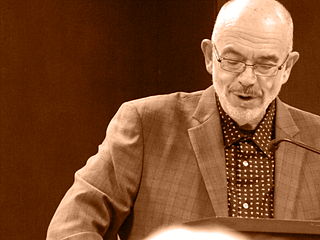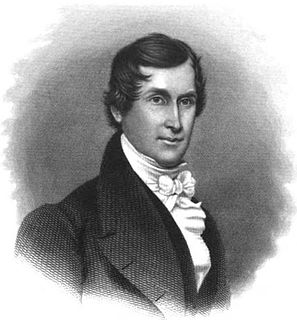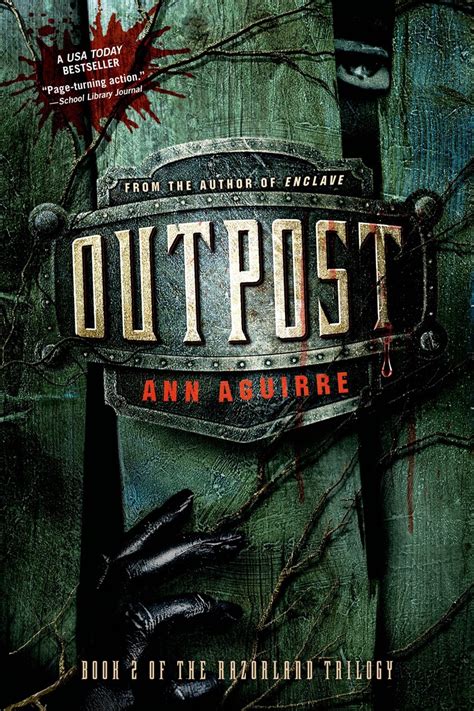A Quote by Charles Spurgeon
Too many people write their blessings in the sand but engrave their sorrows in marble
Related Quotes
... knowledge must continually be renewed by ceaseless effort, if it is not to be lost. It resembles a statue of marble which stands in the desert and is continually threatened with burial by the shifting sand. The hands of service must ever be at work, in order that the marble continue to lastingly shine in the sun. To these serving hands mine shall also belong.
Every piece of marble has a statue in it waiting to be released by a person of sufficient skill to chip away the unnecessary parts. Just as the sculptor is to the marble, so is education to the soul. It releases it. For only educated people are free people. You cannot create a statue by smashing the marble with a hammer, and you cannot by the force of arms release the spirit or the soul of people.
Don't bring your sand toys to the park. That's another bad move. Because I go to the park, and I'm on the Vicodin and a little weed too - let's face it - and I go in there, and my wife's like, 'Bring the sand toys! Bring the sand toys!' And I know what happens every single time: I become sand toy repo man from the eight little kids that run off in nine different directions with my sand toys.
One does not really feel much grief at other people's sorrows; one tries, and puts on a melancholy face, thinking oneself brutal for not caring more; but one cannot and it is better, for if one grieved too deeply at other people's tears, life would be unendurable; and every man has sufficient sorrows of his own without taking to heart his neighbour's.


































